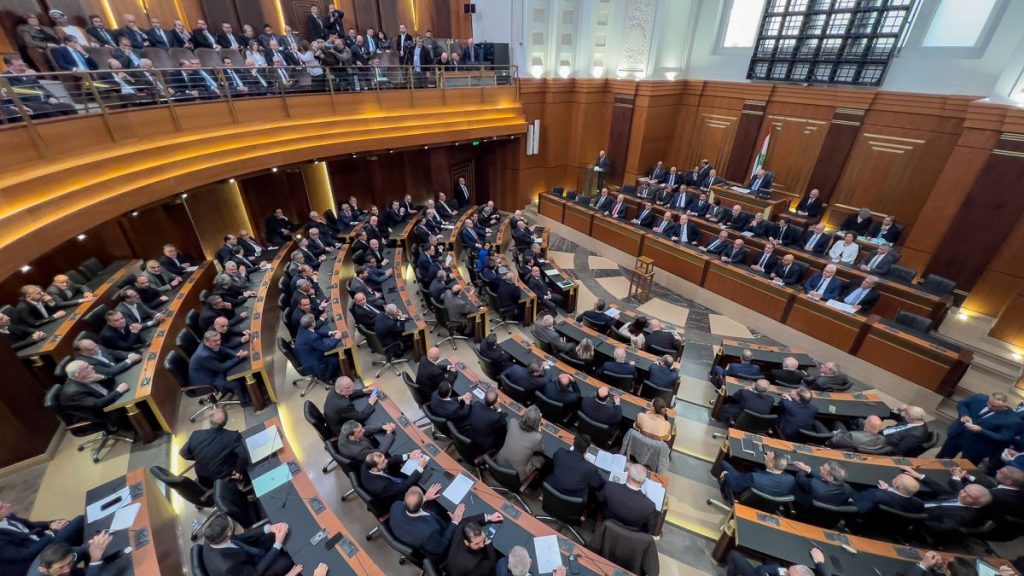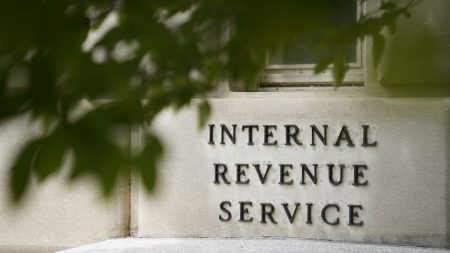A New Dawn for Lebanon: The Formation of a New Government and the Path Ahead
After years of political stagnation and economic turmoil, Lebanon has finally taken a significant step toward stability with the formation of a new government. This development marks a turning point for the country, which has been grappling with multiple crises, including a devastating economic collapse, political instability, and security challenges. The new administration, led by Prime Minister Nawaf Salam, is the first fully-fledged government since 2022, signaling a potential shift in Lebanon’s trajectory. The European Union’s foreign policy chief, Kaja Kallas, was quick to extend congratulations to the Lebanese people, expressing hope that the new government would successfully address the nation’s aspirations and rebuild its state institutions. The EU reiterated its unwavering support for Lebanon, emphasizing the importance of creating a functional government that serves all citizens equally.
The formation of the new government comes at a critical juncture for Lebanon. Prime Minister Salam, a seasoned diplomat and former president of the International Court of Justice, has vowed to tackle the country’s deep-seated issues, including judicial and economic reforms. His cabinet, comprised of 24 ministers evenly split between Christian and Muslim sects, reflects Lebanon’s power-sharing system, which aims to ensure representation for all religious groups. The government’s formation, finalized less than a month after Salam’s appointment, underscores the urgency of the challenges Lebanon faces. Among these challenges is the rebuilding of the country’s southern region, which bore the brunt of the recent conflict between Israel and the Hezbollah militant group. A U.S.-brokered ceasefire, which has largely held since November, brought an end to the fighting, but the scars remain. Beyond the physical reconstruction, Lebanon is also grappling with a crippling economic crisis that has now entered its sixth year.
The economic crisis has left Lebanon in shambles. The once-thriving banking sector is in tatters, the state electricity sector has collapsed, and poverty rates have soared. Many Lebanese citizens are unable to access their savings, and the country’s infrastructure lies in disrepair. The new government faces the daunting task of reviving the economy while restoring trust in state institutions. Salam’s experience and diplomatic acumen provide a glimmer of hope for a nation weary of political dysfunction and corruption. However, the road ahead is fraught with obstacles, not least of which is the delicate balance of power in Lebanon’s political landscape.
One of the most significant aspects of the new government is the subtle shift away from leaders closely aligned with Hezbollah. This change is not accidental but rather the result of direct intervention by the United States, which has made its stance on Hezbollah’s involvement in the government crystal clear. The U.S. Deputy Envoy for Middle East Peace, Morgan Ortagus, explicitly stated that any Hezbollah involvement in the new cabinet would be a "red line" for Washington. She warned that such involvement would prevent Lebanon from accessing reconstruction funds, a critical source of support for the cash-strapped nation. Ortagus also expressed hope that Lebanese authorities would commit to ensuring Hezbollah’s exclusion from the government in any form. These statements highlight the unusually direct role the U.S. has played in shaping Lebanon’s new administration, reflecting Washington’s deep concerns about Hezbollah’s influence in the region.
Despite the U.S. pressure, Hezbollah’s imprint on Lebanese politics remains significant. The group did not openly endorse Salam as prime minister, but it did engage in negotiations over the allocation of Shiite Muslim seats in the government. This dynamic illustrates the complex interplay of power in Lebanon, where sectarian representation is enshrined in the political system. While Hezbollah’s influence may have been curtailed in this government formation, it is far from absent. The group’s involvement in the political process underscores the challenges Salam and his government will face in pursuing reforms and asserting independence from external forces.
As Lebanon embarks on this new chapter, the international community is watching closely. The EU and the U.S. have made it clear that their support is contingent on Lebanon’s ability to reform and distance itself from groups like Hezbollah. For the Lebanese people, however, the stakes are far more personal. They are hoping that this new government will usher in a era of stability, economic recovery, and security. The road ahead will be long and arduous, but the formation of the Salam government represents a rare opportunity for Lebanon to break free from its cycle of crises and forge a brighter future. If the new administration can deliver on its promises, it may yet prove to be the turning point Lebanon so desperately needs.












